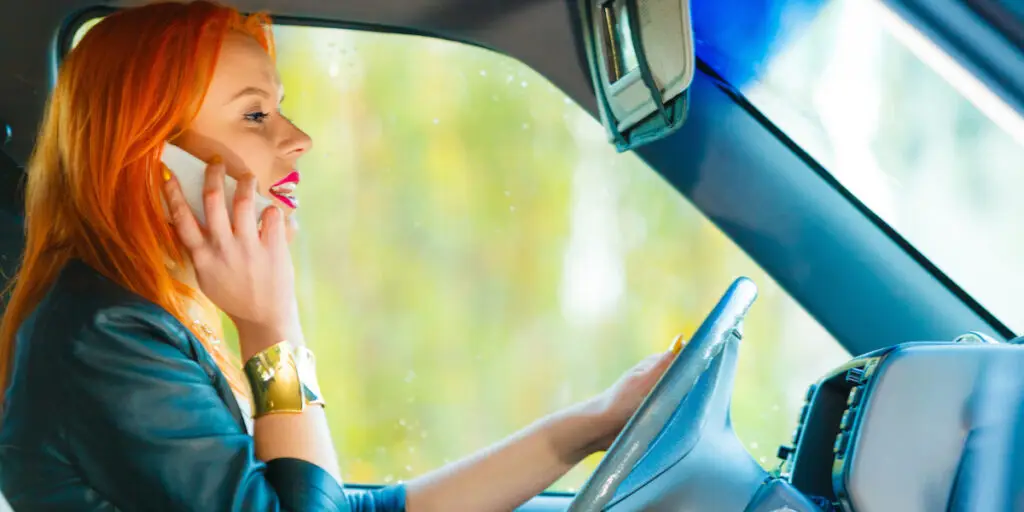Summer is the deadliest season for teen drivers, with seven of the top 10 deadliest days occurring during the 100 days between Memorial Day and Labor Day, according to the American Automobile Association. Teens drive more during the summer, which may account for the increased risk.
Also adding to the risks for teen drivers is distracted driving, and according to researchers, the old adage, “children see, children do” applies.
Research in recent years has found that teens often learn their risky driving behaviors from watching parents when they drive. One study found that parents were directly responsible for teen distracted driving finding that up to half of teens were on calls with mom or dad when they talk on their phones while driving. These parents practice a “do as I say, not as I do,” approach to role modeling. Kids have watched their parents make and receive calls on their cellphones while driving, as well as sending and replying to text messages. The bad driving practices of parents then become the social norm for their kids, despite what parents say.
Researchers have noted that parents expect their teens to answer their phone calls and that teens fear their parents will get angry when they don’t.
What Can Parents Do?
• Parents should make it their goal to set a good example for their teens in regard to cellphone usage while driving. Many states now require “hands-free” phone operation while driving and parents should set this example, whether or not it is required by law because when a child observes a parent using their phone to answer even one call or send one text while driving, they send the message to their kid that legitimizes the bad behavior.
• Set clear expectations and consequences with your teenager regarding cellphone use while driving. Then, live by the same expectations.
• Specifically address how teens should handle phone calls or texts while they are driving – and specifically those received from parents.
• Practice makes perfect. Your teen’s driving skills are improved through supervised driving experience. Even if your teenager already has a driver’s license, let her or him drive while running family errands. If necessary, pre-arrange for text messages or calls to be made to your teen driver during these trips. This provides your teen with hands-on experience with handling distractions while you are present in the vehicle.



